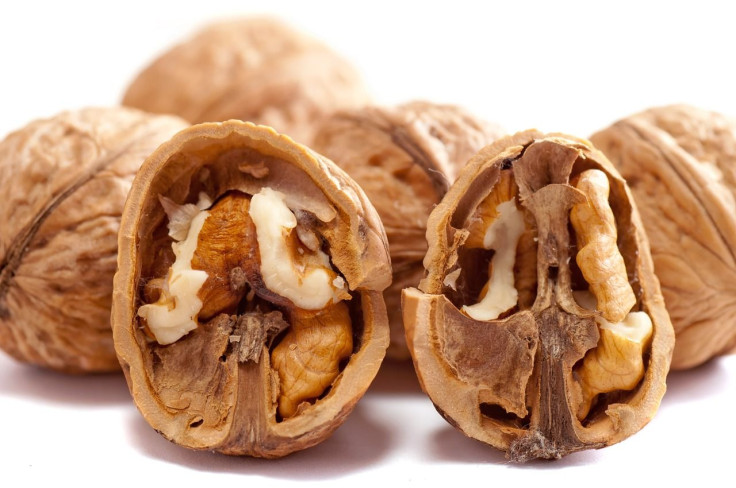Should You Avoid Nuts And Seeds For Better Gut Health?

Nuts are bite-sized and convenient sources of healthy fiber, unsaturated fats, protein and other nutrients. And nuts, along with seeds, are important components of a healthy diet.
These facts are true for most people -- but not for those with diverticulitis.
Diverticulitis is an inflammation or infection of small pouches called diverticula that develop along the walls of the intestines. Most often, diverticula are found in the lower part of the large intestine and are common (especially after 40).
It seldom causes problems but when one or more of the pouches become inflamed or infected -- which is diverticulitis -- severe abdominal pain, fever, nausea and a marked change in bowel habits can result.
Doctors say mild diverticulitis can be treated with rest, changes in diet and antibiotics. Severe or recurring diverticulitis could require surgery.
Diverticulitis has long been linked to the consumption of nuts and seeds. This link, however, is tenuous and unproven.
New research suggests the opposite might be true. That’s because nuts and seeds are rich in fiber, and fiber is vital for your gut and overall health.
“In just a handful of nuts, which is about an ounce or a quarter of a cup, you get a lot of bang for the buck,” Kathy McManus, a registered dietitian and director of the Department of Nutrition at Harvard-affiliated Brigham and Women’s Hospital, said.
“They contain anywhere from 3 to 7 grams of protein per ounce, 1 to 3 grams of fiber, and 160 to 200 calories.”
Although tiny, seeds are packed with health. For example, one tablespoon of chia seeds delivers two grams of protein, four grams of fiber and 78 mg of calcium. A tablespoon of flaxseed has two grams of protein and three grams of fiber. Hemp seeds contain one gram of fiber in a tablespoon but 10 grams of protein.
“Seeds have mostly healthy fats, some fiber, and about 150 calories per ounce. And they do have protein, about 5 to 9 grams per ounce,” according to McManus. “Flaxseeds and chia seeds are also good sources of plant-based omega-3 fatty acids, with two or three times the ALA of walnuts.”
However, be careful of how much nuts and seeds you eat. Moderation is still the key to deriving health benefits from these foods.
McManus said if one eats more than one or two handfuls of nuts per day, he’ll be adding extra calories and weight. She said people should think in terms of small portions. A handful of nuts or seeds for a snack will do. One can also add a few nuts and seeds to one’s meals throughout the day.




























